We all wrestle with that internal voice—the one whispering we’re not good enough, not ready enough, not pretty enough. Sometimes, it feels endless.
My daughter is only six, and I’ve already noticed a shift in her words: “I’m ugly,” “I’m not good at this,” “I can’t do that.” We all develop an inner voice early on. But for some of us, that voice becomes more than just self-doubt.
For those suffering from abuse, one of the heaviest burdens to carry is the constant weight of blame, shame, and self-doubt. Now imagine that voice, amplified.
But it’s not just your voice anymore. It becomes a fusion of yours and your partner’s—or ex-partner’s. Like a radio dial turned to full volume, their criticisms and your insecurities blur together, looping endlessly. It becomes almost impossible to distinguish who said what.
You ask yourself why these thoughts won’t stop. Why won’t they just leave? Because they paralyse you. You second-guess everything. Eventually, you start to believe them:
“I can’t do it alone.”
“I will fail.”
“Without them, I won’t make it.”
And that’s exactly what they want you to think.
The louder their voice becomes, the more we question even the simplest decisions:
“Maybe he’s right. I’m not a good mother.”
“I didn’t clean the kitchen to his standard.”
“I should’ve known better than to ask that—he had a stressful day.”
And on it goes. Relentless. Exhausting. Fear sets in.
Fear of making a mistake.
Fear of getting it wrong.
It drains you—mentally, emotionally, physically.
And because the rules always change, you can never win. Right and wrong are whatever they decide they are, whenever they choose.
So how do we hold on to our sense of self?
First, recognise that these voices—both yours and theirs—are not truths. They are the echoes of manipulation, conditioning, and fear. Naming them begins to loosen their hold. The moment you say, “That’s not my voice,” you reclaim power.
Second, surround yourself with affirming truths. Keep a journal of your strengths. Connect with people who remind you of your value. Every small truth you gather begins to neutralise the shame.
Third, practice radical self-compassion. Allow yourself to be messy, imperfect, and human, without punishment. Give yourself the same grace you offer your child, your friend, even a stranger. Show that same love to yourself, fiercely and without apology.
And finally, remember letting go of blame and shame doesn’t mean forgetting what happened. It means refusing to carry what was never yours to hold. You didn’t deserve it. You didn’t cause it. You are not responsible for someone else’s cruelty.
In case you need the reminder, domestic abuse is a criminal offence. It is a violation of your basic human rights.
So, ditch the inner bitch. Reframe the questions.
Instead of,
“Why can’t I make him stop?”
Ask,
“Why am I blaming myself for his abuse?”
Because it’s not you. It’s him.

